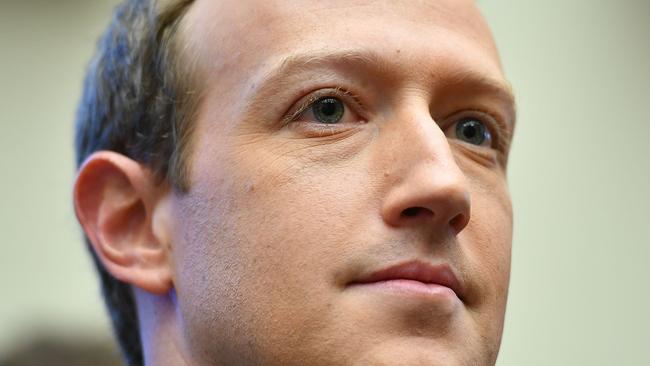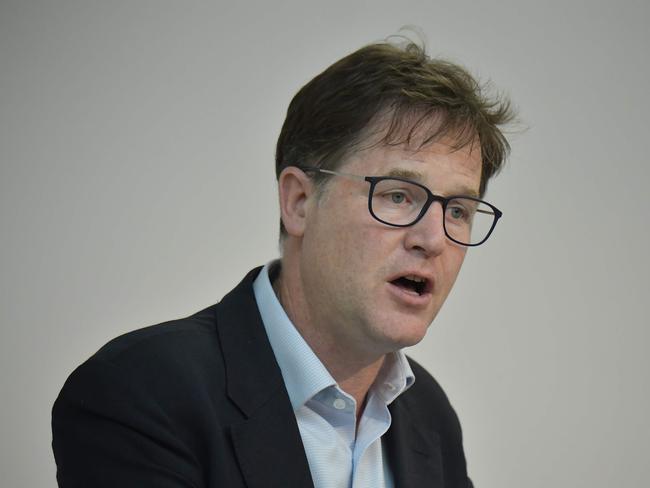Facebook plots big news feed changes
Facebook says it is making changes to its news feed that will help protect publishers from costly legal action.

US tech giant Facebook is making some key changes to its news feed, allowing page administrators to control who can comment on their posts, and allowing users to sort their feeds chronogically – rather than leaving it to an algorithm – more easily.
In a blog post, the company said the changes would mean public figures, creators and brands could now limit unwanted interactions, amid growing fears that they could face potentially damaging lawsuits for whatever comments are posted to their Facebook page.
The NSW Court of Appeal recently affirmed that Facebook administrators would be treated as publishers of comments on their pages, and that they would therefore be liable for any defamatory or hateful content.
“By adjusting your commenting audience, you can further control how you want to invite conversation onto your public posts and limit potentially unwanted interactions,” Facebook said in its blog post.
“And if you’re a public figure, creator, or brand, you too can choose to limit your commenting audience on your public posts to help you feel safe and engage in more meaningful conversations with your community.”
The media organisations argued that they were unaware of the comments and Voller did not ask for them to be taken down before launching defamation proceedings in the NSW Supreme Court.
The NSW Court of Appeal upheld the Supreme Court’s decision to treat the media companies as publishers.
Facebook’s changes mean news publications can decide to limit interactions on their posts, and therefore limit their exposure to potentially damaging legal action.
In a separate post, Facebook vice president of global affairs Nick Clegg, the UK‘s former deputy prime minister, launched a vocal defence of the tech giant against its detractors, and said Facebook was “committed to openness and transparency”.
“Some critics seem to think social media is a temporary mistake in the evolution of technology — and that once we’ve come to our collective senses, Facebook and other platforms will collapse and we will revert to previous modes of communication,” he said.

“This is a profound misreading of the situation – as inaccurate as the December 2000 Daily Mail headline declaring the internet ‘may just be a passing fad’. Even if Facebook ceased to exist, social media won’t be — can’t be — uninvented,” Mr Clegg said.
“Data-driven technologies, including those that use artificial intelligence, are here to stay. Personalised digital advertising not only allows billions of people to use social media for free, it is also more useful to consumers than untargeted, low-relevance advertising.
Mr Clegg also defended Facebook‘s controversial decision to suspend former US president Donald Trump from its platform. Facebook is not alone in banning Mr Trump, however, and he has now effectively been de-platformed by all of “big tech”.
“Many welcomed the decision — indeed, many argued strongly that it was about time that Facebook and others took such decisive action. It is a decision that I absolutely believe was right. But it was also perhaps the most dramatic example of the power of technology in public discourse, and it has provoked legitimate questions about the balance of responsibility between private companies and public and political authorities,” Mr Clegg said.
“Whether governments now choose to tighten the terms of online debate or private companies choose to do so themselves, we should remain wary of the conclusion that the answer to these dilemmas is always less speech. While we shouldn’t assume that perfect freedom leads to perfect outcomes, nor should we assume that extending freedom of speech will lead to a degradation of society.
“Implicit in the arguments made by many of social media’s critics is an assumption that people can’t be trusted with an extensive right to free speech; or that this freedom is an illusion and that their minds are really being controlled by the algorithm and the sinister intentions of its Big Tech masters.”


